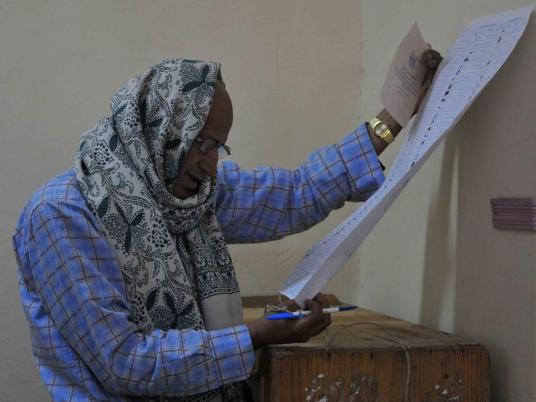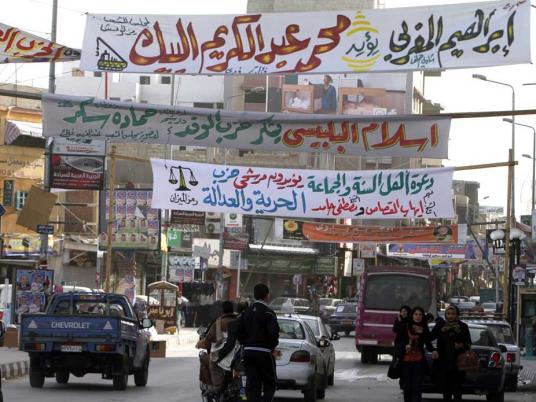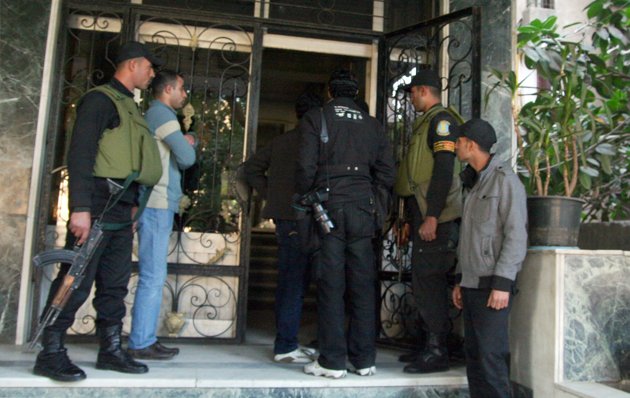The upcoming Egyptian parliamentary elections, scheduled for November, have cast a shadow over the country’s political scene. While prominent opposition parties have voiced mixed opinions toward the process, either by confirming their participation, calling for a boycott, or demanding safeguards for transparency, other less established parties have also adopted a diversity of stances.
Abul Ela Madi, the secretary representing the founders of al-Wasat (Center) Party, said the party will go for a boycott in case guarantees for fair elections are not provided. He added that the breaches observed during the last Shura Council elections are a good indication of what's in store during the upcoming poll.
Madi explained that 15 of al-Wasat's members have demanded they be allowed to participate in the elections, but through internal deliberations the party concluded that participation should be contingent on transparency provisions.
On the other hand, Amin Iskandar, a co-founder of the Karama (Dignity) Party, said his party remains undecided about partaking in the elections. He said the party is awaiting to hear the final decision of other political movements, and said he will nominate seven candidates should other political parties differ on the issue of a boycott.
Iskandar said last June's Shura elections were an insult to Egyptians, given the abrogation of judicial oversight. He predicted that violence and fraud will dominate the November race due to the hegemony of businessmen runners.
Mohamed Esmat al-Sadat, co-founder of the Reform and Development Party, confirmed his party will participate in the People’s Assembly elections with ten nominees. He justified the decision saying that the party believes that change cannot be achieved if political parties do not possess the experience and readiness required.
Al-Sadat said he does not expect fair elections in November, but monitoring by the press and civil society institutions will help scale down vote rigging.
He added that he does not believe in coalitions, preferring instead that parties take part in the elections individually.
Translated from the Arabic Edition.



